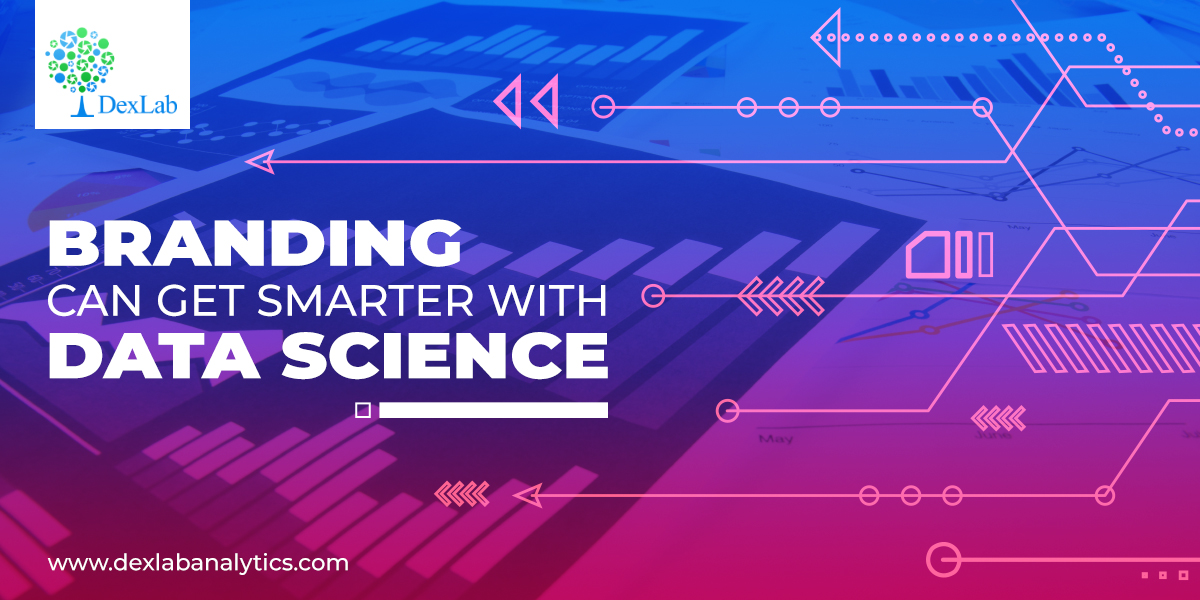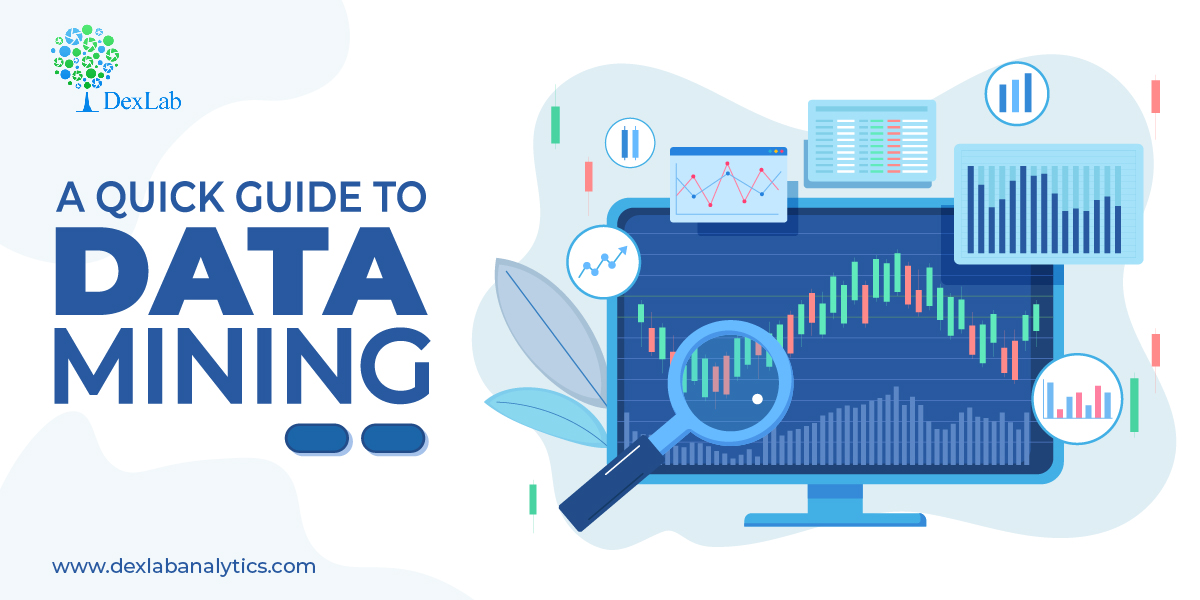In the competitive world of business, branding plays a pivotal role in making sure that your company can rise above the noise and be noticed. The concept of branding thrives on the dual power of brand recognition and brand recall meaning the customer’s ability to identify your brand among a host of other similar products.
Creating brand awareness is a crucial task for any business done through carefully measured and planned strategies. Familiarizing the audience with a specific brand takes time and apt utilization of all available communication platforms.
What role data science can play in devising branding strategy?
The emergence of online shopping, as well as the proliferation of communication channels, are making the job complicated for marketers, along with the explosion of information sources causing an exponential increase in data generation. The large data if assessed correctly can reveal useful information regarding customers and allow them to make data-driven branding strategies. Data Science training is required for enabling the professionals to help companies assess valuable data.
Handling this vast data can baffle any seasoned marketing team, but, with the application of data science tools and techniques manipulating and extracting valuable information becomes easier. Not just that, but, the marketing team now has the power to peek into customer preferences to angle their branding strategy the right away to make their imprint on the customer’s mind.
So, here is how branding is getting smarter
Personalized messages
Data science allows the marketers to assess the customer data spread across various channels including social media platforms. When analyzed this data points the marketers towards the customers’ buying habits, preferences, and they can develop a message for individual customers keeping these preferences in mind. Marketing personnel having undergone customer market analysis courses would be able to guide their team better.
When a brand approaches a specific customer with recommendations specifically tailored to their preferences they tend to return to that brand. Furthermore, it also helps them to find reasons why the customers change buying decision midcourse and leave a site, or, product page. Data analysis will assess that behavior and offer insight.
Another factor to consider here is that the marketing team can also find the errors in their previous marketing campaigns contained in past data through the right analysis.
Shaper social media strategy
Accessing social media platforms to target customers is a strategy all marketers resort to, after all, a huge chunk of their target audience spends a significant amount of time here. However, creating content and aiming it randomly at all platforms or, some platforms based on guesswork can go for a toss.
Data collected regarding social media usage patterns of customers can point the strategists towards the platforms to invest in. A certain section of their targeted customers might spend time on Twitter, while another segment might veer towards Instagram. So, identifying those platforms for specific segments and delivering content accordingly needs data-backed insight. Assessing data patterns can help marketers position their brands on the right platform.
Delivering the right content
Brands reach out to the target audience via different types of content that they promote across various channels to gain customer attention and push their brand identity. However, their strategy is often very loosely based on an assumption that might go wrong. Engaging the customer gets a lot easier if the team puts the data-driven insight into their content marketing plan.
Data regarding customer age, gender, personal interests, the time they spend over different types of content and what they retweet, or, share on their timeline matters. The team can gain a perspective analyzing the search data of customers to understand what they are looking for and what kind of content resonates with which demographic. Data analysis can solve this entire puzzle and enable the team to devise a content marketing strategy accordingly.
When the customers find that a specific brand has the answers to their queries and offers meaningful information they will naturally gravitate towards it.

Assess brand performance
Application of data science tools can not only lead towards measuring customer behavior but also allow the company to assess its performance. Data could reveal valuable information regarding the bounce rate, the social media image of the brand, customer reviews all of that to point out the problem areas that need immediate attention.
The insight gained from the data could help the team to collaborate with other teams to work on the problem areas and make changes. This does send out a positive message regarding the brand which continuously works to improve itself.
Understanding the value of data is vital for any brand wishing to win customers’ hearts. Applying data science tools to process this data requires skill. Companies should invest in building a team comprising data scientists, analysts to get the job done. They can also train their personnel by sending them to Data analyst training institute.
.









